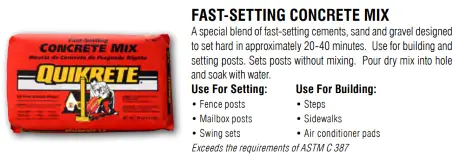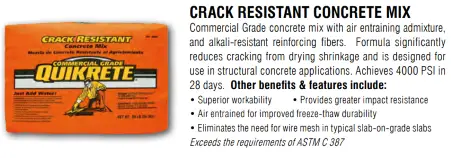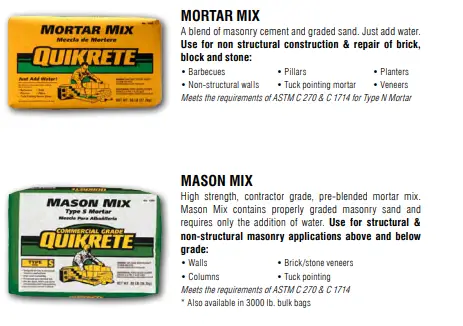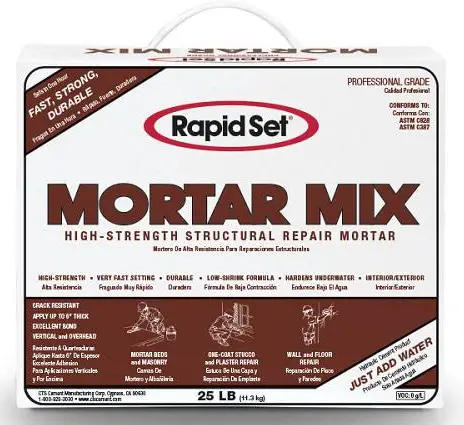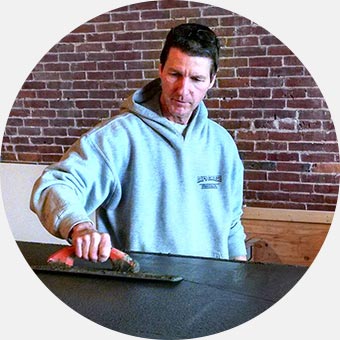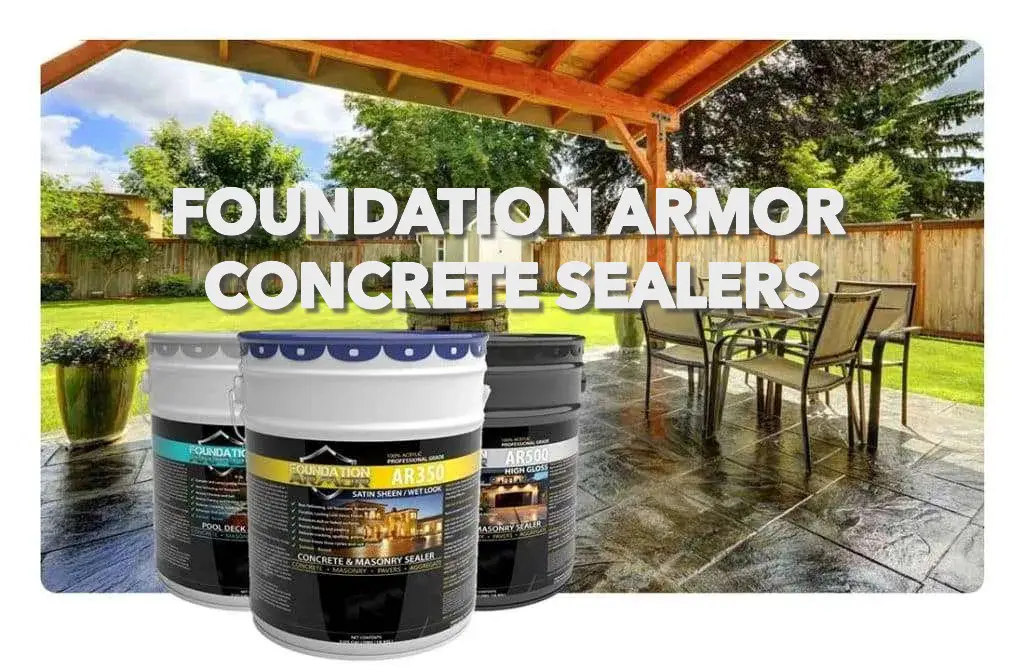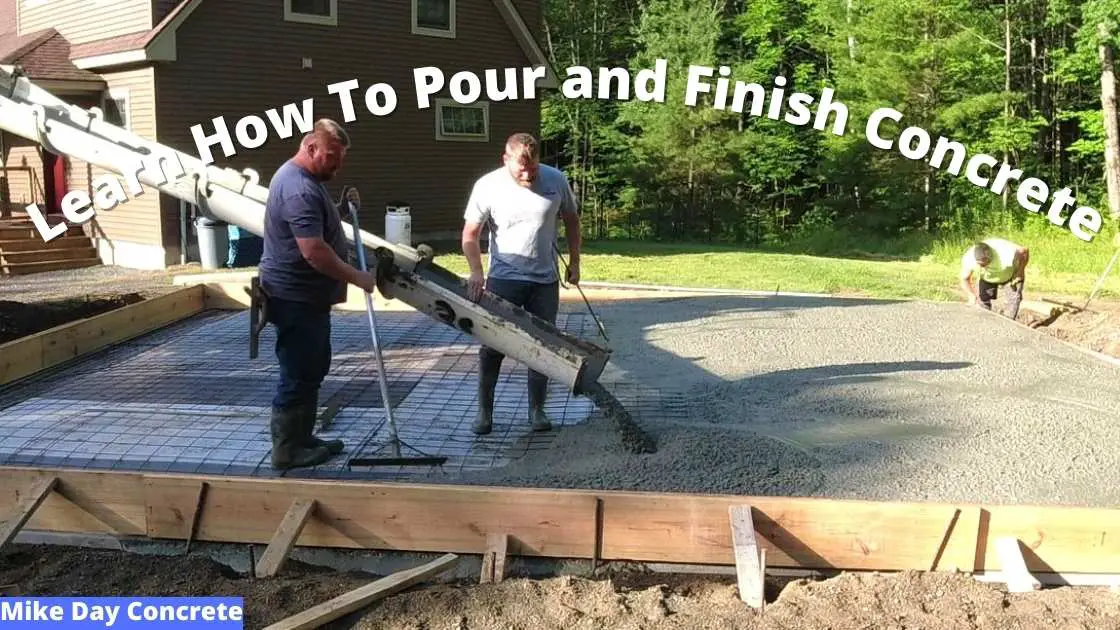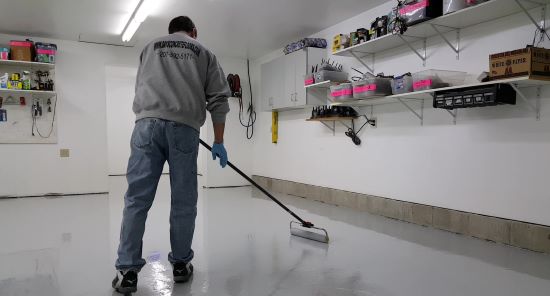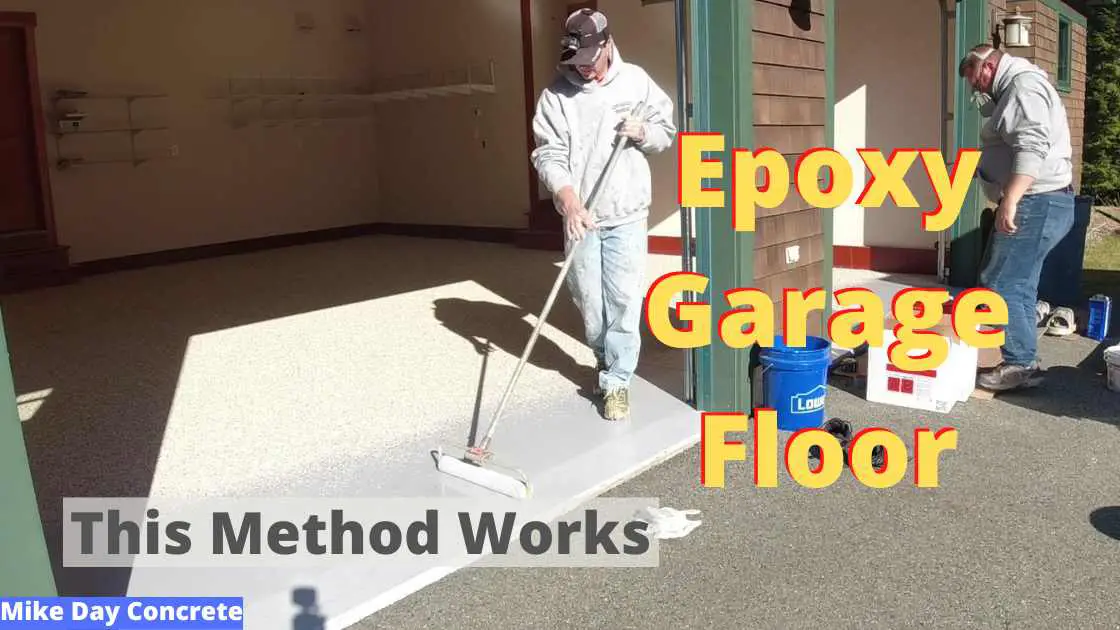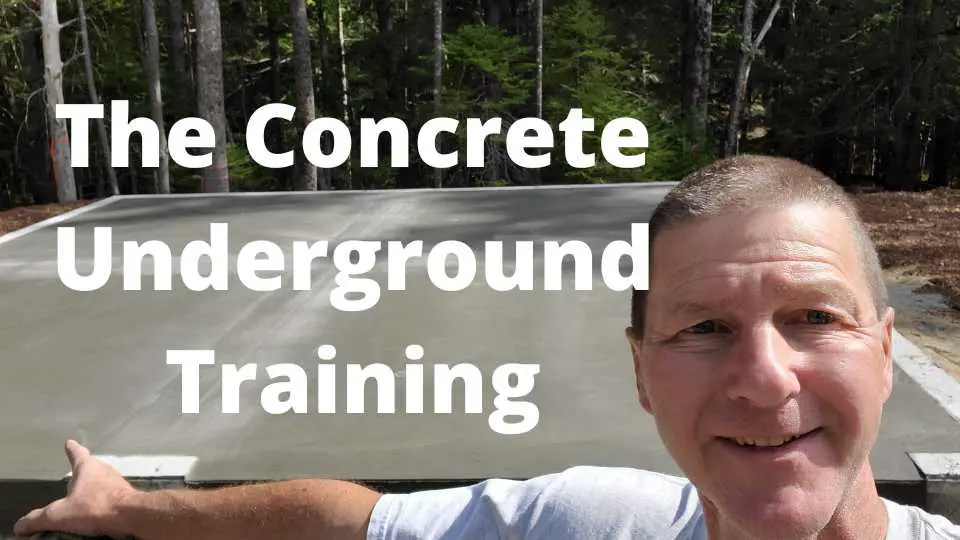concrete without gravel
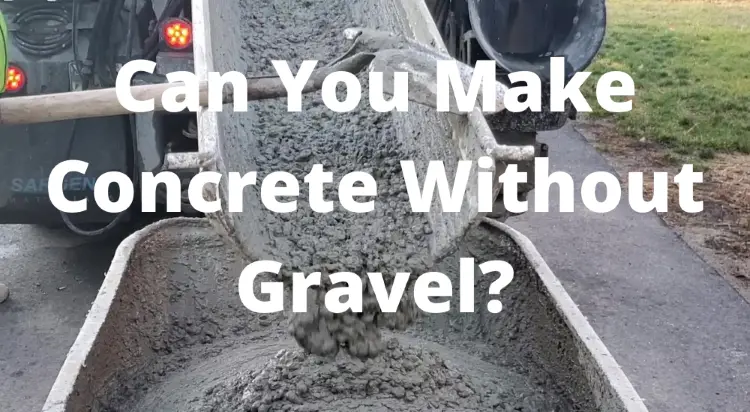
can you make concrete without gravel?
A typical concrete mix cannot be made without gravel. Concrete is made from a mixture of cement, sand, gravel (crushed stone), and water. A mix ratio of 1 part cement, 2 parts sand, 3 parts gravel, and water, will give you a strong concrete mix.
If you subtract the gravel from concrete, you have what's called a mortar mix. Mortar mix is made from combining cement, sand, and water.
It's the gravel (or stone aggregates) in concrete that gives it a lot if its strength. It's what makes it a structural material that can be used to build houses, bridges, and roads.
Without the gravel, it's mostly used as a glue to hold bricks, blocks, and stone together.
how is concrete made?
what are the different types of concrete mix?
Regular concrete mix is made or Portland cement, sand, and gravel. It's commonly used for slabs, patios, floors, footings, steps, and sidewalks.
Fast- setting concrete has the same sand & gravel but a special blend of fast setting cements added. It sets hard in 20 - 40 minutes. Use it for fence posts, steps, walkways, small slabs.
Crack Resistant concrete has cement, sand, and gravel, but also has air-entraining admixture and reinforcing fibers. This recipe helps reduce cracking from drying shrinkage and can be used for structural concrete building.
There's many other different types of concrete mixes out there. They either have slightly different blends of cement, sand, and gravel, and/or they have various admixtures added to them for specific applications.
But, they all have some kind of gravel or stone as one of the ingredients. If they don't, it's not considered a concrete mix, it's some type of mortar mix.
what's the difference between concrete, cement, and mortar?
- Concrete is a mixture of Portland cement, sand, and gravel.
- Cement is a powder - when it's mixed with water it forms a paste that hardens. It is one of the main ingredients used to make both concrete and mortar.
- Mortar is a mixture of Portland cement, hydrated lime, and sand. (no gravel or stone)
CONCRETE
Made of cement, sand & gravel
Structural building material
Used for building foundations, floors, slabs, bridges and roads
Common strengths are from 2500 psi - 5000 psi
CEMENT
Made from limestone, silica sand, iron ore, clay, slate, shale
Creates a paste when mixed with water that binds with sand/rock to harden
Used to make concrete and mortar
MORTAR
Made of cement, hydrated lime, fine sand
Used for building brick, block, stone walls
Not as strong as concrete
3 basic types- M, S, N, each is rated a different strength
Can I make concrete with just sand and cement?
No, you can't make concrete with only sand and cement. Concrete isn't considered concrete without aggregates like gravel and stone. It's the aggregates that contribute to concrete having high strength.
If you just mix sand and cement (with water), you'll get something closer to mortar or masonry cement, but it'll be very low in strength and not be good to use for any type of structural application.
There's many different types of mortar mixes out there. These two are used a lot for making block walls, brick walls, stone veneers, tuck pointing, planters, and more.
Both are a "just add water" mix and very easy to use.
You can buy Quikrete Mortar Mix on Amazon or you can get it at Home Depot.
Rapid Set Mortar Mix is available to purchase on Amazon also, or you can get it at Home Depot.
Make sure you have the right masonry tools if you're going to be working with a mortar mix.
concrete vs cement
A lot of times the term "cement" is used when someone is really talking about concrete. They might say "cement truck", "cement slab", or "pouring cement". When they really mean concrete truck, concrete slab or placing concrete.
Cement is a dry powder and is one of the ingredients in concrete. It helps bind the sand and aggregates together to form concrete. Concrete is made from mixing cement, sand, gravel, and water.
A simple mixing ratio to make concrete is 1 part cement to 2 parts sand to 3 parts gravel. Mix with enough water to make a workable mixture.
When you understand the difference between concrete vs cement you'll be able to choose the right material to build your project.
what size gravel is best for concrete?
Most concrete mixes use gravel or stone that's 3/8 inch to 3/4 inch in size. Some gravel will also have some finer aggregates mixed in as well.
When you combine gravel of this size with sand and Portland cement (don't forget the water) , you get a very durable, strong, and easy to use mixture of concrete.
Larger size gravel and stone, 1 inch, 1.5 inch, or 2 inch makes a very strong concrete mix when proportioned properly, but is harder to place, level, and smoothen out.
is quikrete as strong as concrete?
Yes, Quikrete concrete mixes are designed to be as strong as regular ready-mix concrete.
Quikrete's original concrete mix has a compressive strength of 4000 psi. Quikrete 5000 reaches a compressive strength of 5000 psi in 28 days.
A lot of commonly used ready-mix concrete is designed to reach 2500 - 4000 psi in 28 days. These concrete mixes are used for foundations, footings, floors, slabs, driveways, and patios.
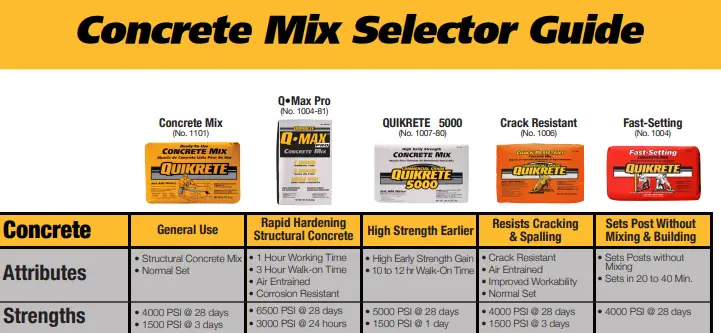
In the guide above, Quikrete designs their concrete mixes to all reach at least 4000 psi in 28 days. Just make sure to follow their mixing instructions to achieve these strengths.
learn how to mix and work with concrete
If you need help learning how to mix, pour, finish and just basically learning how to work with concrete, then you can learn from me in The Concrete Underground.
I'll teach you how to pour and finish concrete for things like floors, slabs, patios, walkways, and stairs.
I have all my training courses in there plus a lot more. There's many others in there just like you and you get to ask me questions in the private forum.

